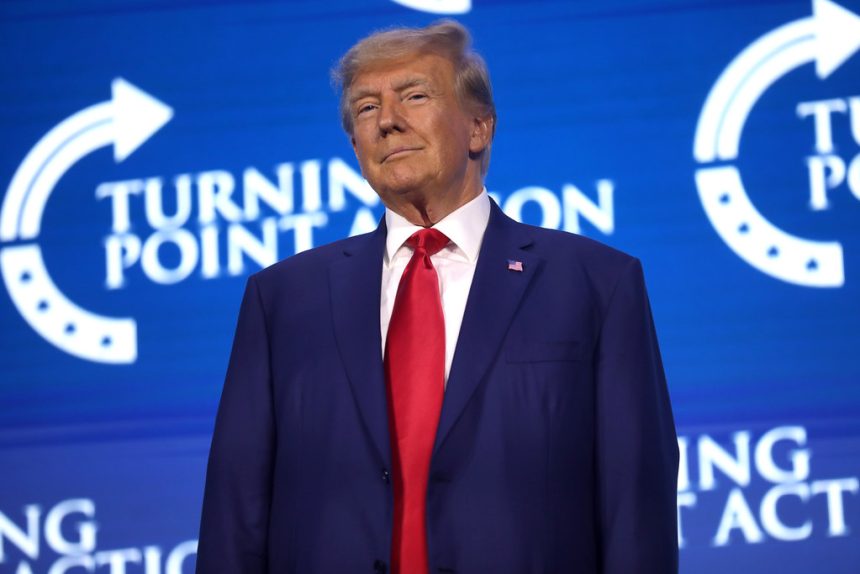Alleged Breach of Trade Agreement
On May 30, 2025, former President Donald Trump accused China of “totally violating” a recent trade agreement between the two nations. The agreement, reached on May 12, aimed to ease escalating trade tensions by temporarily reducing tariffs. Under the deal, the U.S. lowered tariffs on Chinese goods from 145% to 30%, while China reduced its tariffs on U.S. goods from 125% to 10%.
Trump did not specify the exact nature of China’s alleged violations but expressed frustration over what he perceives as a lack of compliance. He stated, “The bad news is that China, perhaps not surprisingly to some, HAS TOTALLY VIOLATED ITS AGREEMENT WITH US. So much for being Mr. NICE GUY!”
U.S. Actions in Response
In response to the alleged breach, the Trump administration has taken several measures:
- Tariff Increases: Trump announced the doubling of steel and aluminum tariffs from 25% to 50%, effective June 4, 2025.
- Export Controls: The U.S. has imposed stricter export controls on critical technologies, including semiconductor design software and chemicals, affecting Chinese firms like Huawei.
- Visa Restrictions: The administration has revoked visas for certain Chinese students and professionals, citing national security concerns.
China’s Response
China has denied the allegations and criticized U.S. actions. A spokesperson for China’s embassy in Washington stated that both countries have maintained communication since the Geneva talks but raised concerns over U.S. export control measures, particularly in the semiconductor sector. The spokesperson urged the U.S. to “immediately correct its erroneous actions” and “cease discriminatory restrictions against China” to uphold the consensus reached in Geneva.
Ongoing Negotiations
Despite the tensions, both nations have indicated a willingness to continue negotiations. Trump mentioned plans to speak with Chinese President Xi Jinping to address the issues. However, U.S. Treasury Secretary Scott Bessent acknowledged that trade talks with China have “stalled,” and further discussions may require direct involvement from both leaders.
Market Reactions
The renewed trade tensions have impacted financial markets. While the Dow Jones Industrial Average saw a slight increase, the S&P 500 and Nasdaq experienced losses, reflecting investor concerns over the potential for a prolonged trade conflict.
Conclusion
The recent escalation in U.S.-China trade relations underscores the fragility of international agreements and the complexities of global trade dynamics. As both nations navigate these challenges, the outcome of their negotiations will have significant implications for the global economy.










